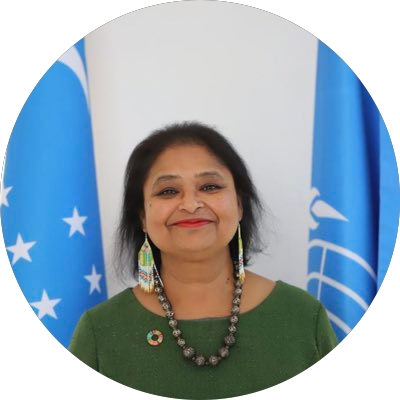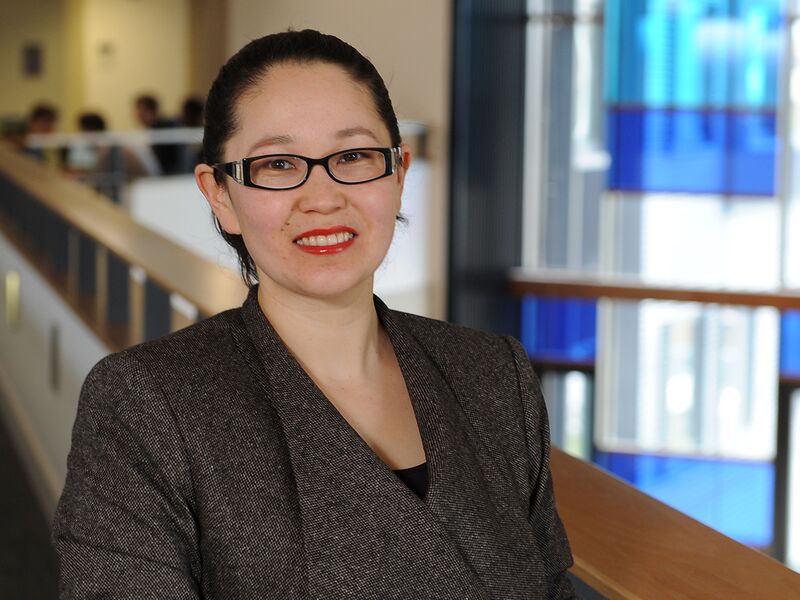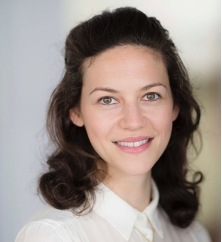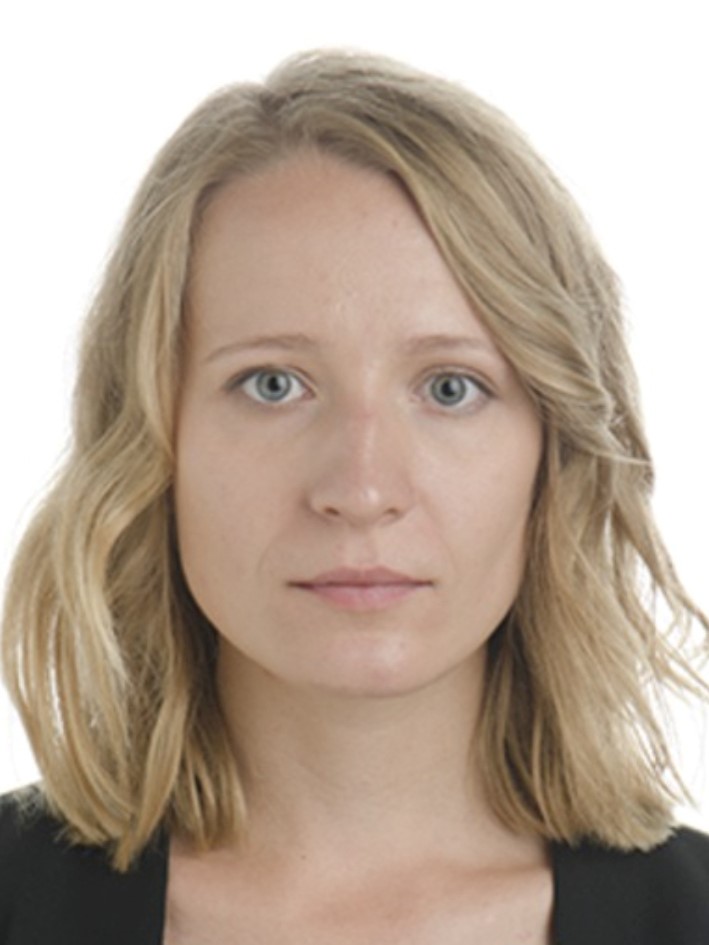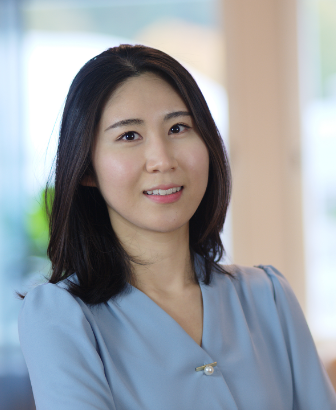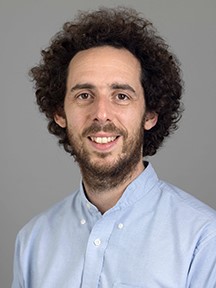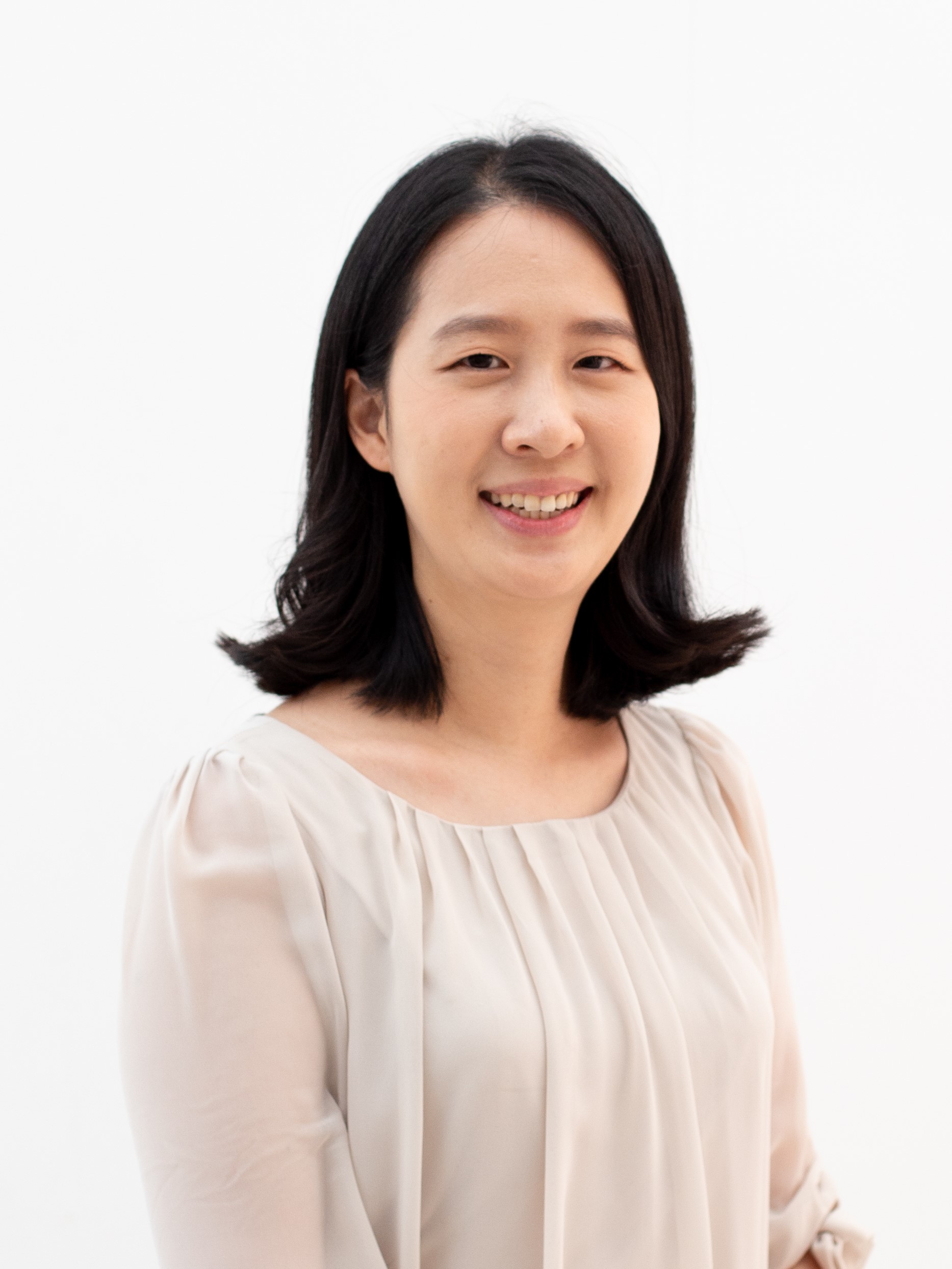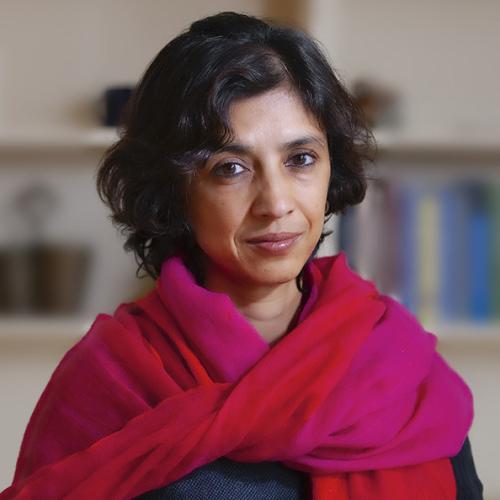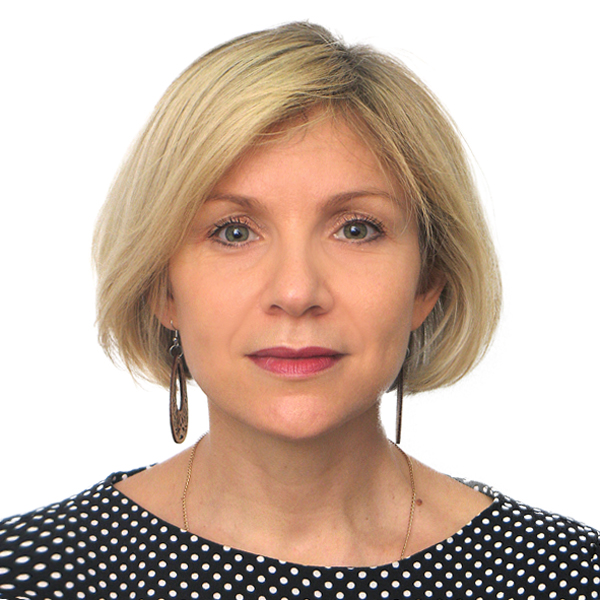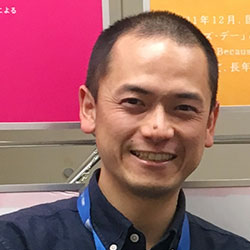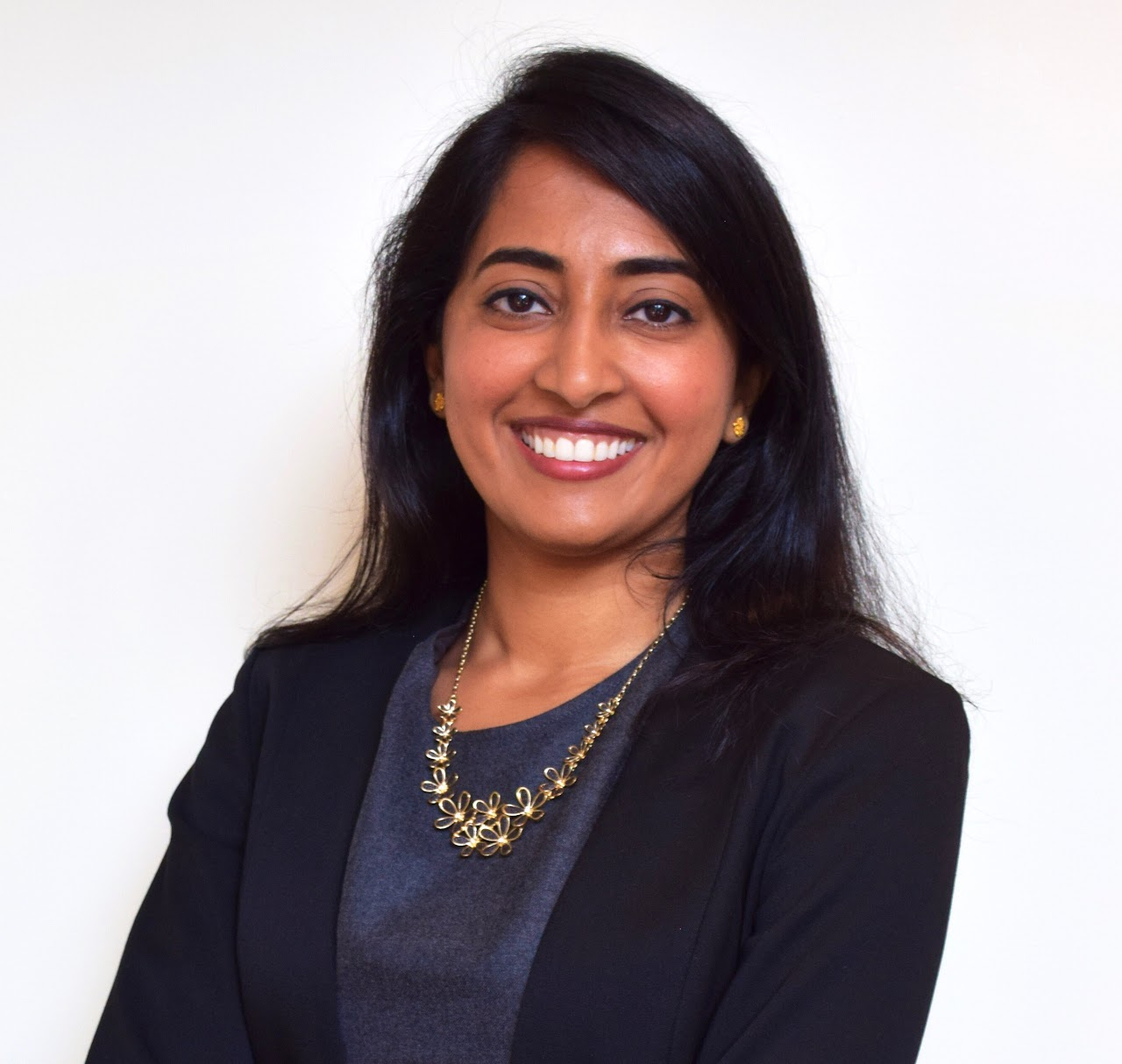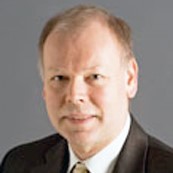Conference Program: Gender-Sensitive Economic Recovery and Resilience in Asia
Inclusion Economics at Yale University, in partnership with the Economic Growth Center and the Asian Development Bank Institute, hosted a conference from March 9-10, 2023 in Tokyo, Japan, to explore new research on women’s economic activity in the region, the factors that enable and constrain it, and how this research speaks to pandemic recovery and gender-sensitive responses to future shocks.
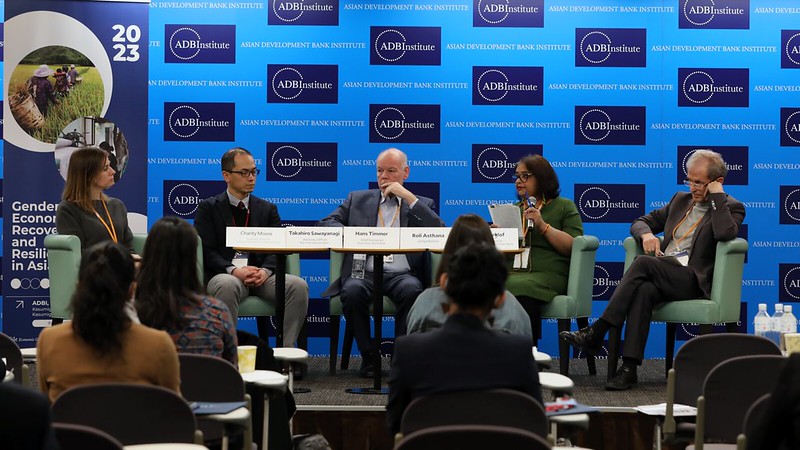
Gender-Sensitive Economic Recovery and Resilience in Asia
The Covid-19 pandemic has touched everyone in some way, but many of its impacts have been disproportionately felt by women: job losses and care burdens, for example, have fallen on women relatively more than men (e.g., Alon et al. 2020, Deshpande 2020). Three years after the pandemic began, and as countries increasingly move toward recovery (even as new threats are on the horizon), what do we know about how women’s economic engagement has changed? And what policies can help ensure post-pandemic recoveries and preparation for future shocks are gender inclusive?
On March 9-10, 2023, Inclusion Economics at Yale University and the Economic Growth Center partnered with the Asian Development Bank Institute (ADBI) to hold a two-day conference in Tokyo to understand the latest economics research about gender and economic opportunities in the region, with a focus on what this research tells us about gender-sensitive Covid recovery and preparation for future shocks. The conference facilitated the sharing of new research and discussion and dialogue on potential policy responses to identified challenges.
Presenters:
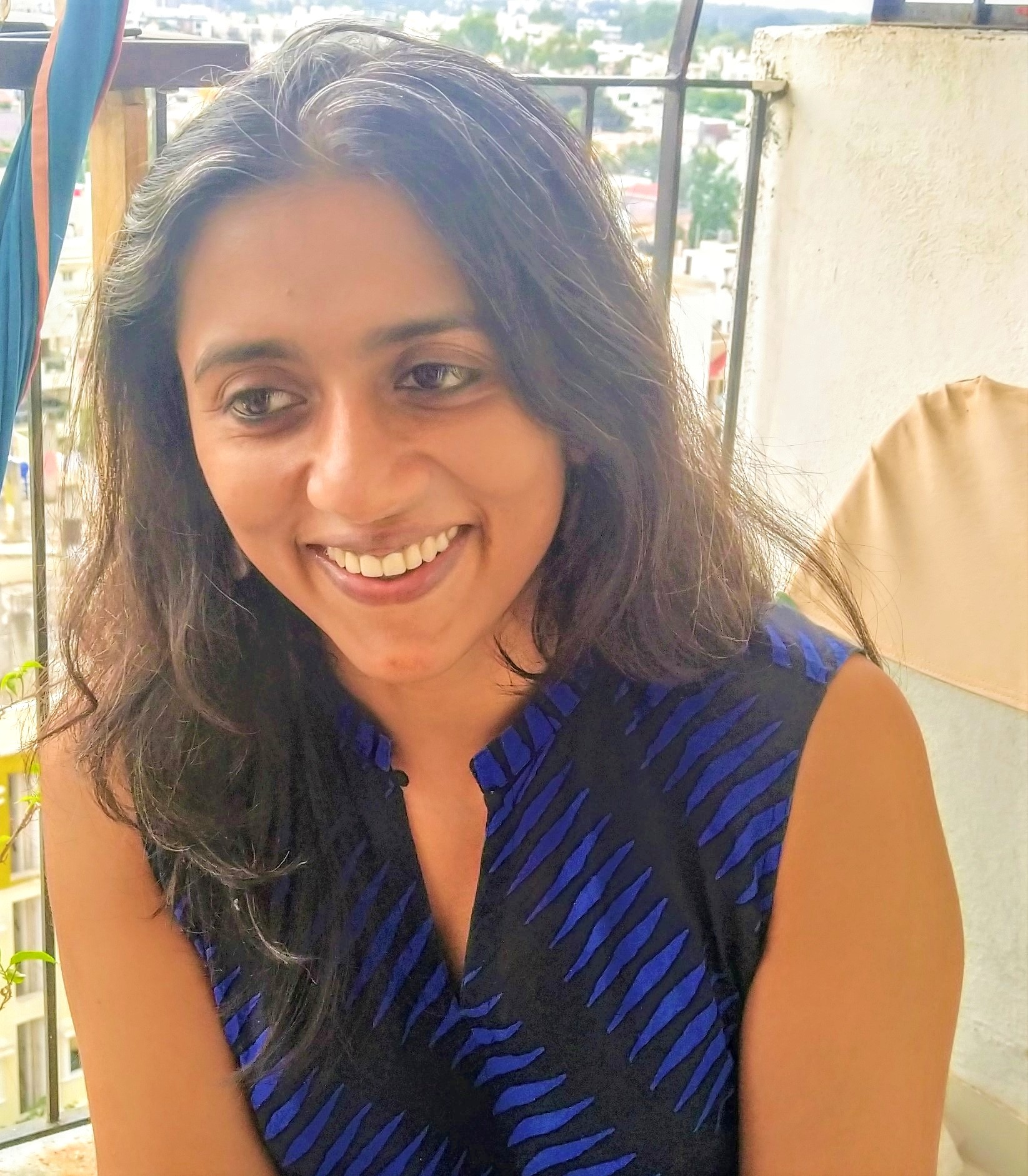 |
Rosa Abraham, Azim Premji University
Rosa Abraham is an Assistant Professor at Azim Premji University. Her research focuses on informal work and women’s employment with particular interest in issues at the intersection of labor statistics and women’s work. At the Centre for Sustainable Employment, she has been involved in the State of Working India reports and in the two primary surveys – India Working Survey and Covid-19 Livelihoods Survey, conducted by the Centre. She previously worked as a researcher at the Ashoka Trust for Research in Ecology and Environment and as a lecturer at the Madras School of Economics. |
|
|
Roli Asthana, United Nations
Roli Asthana is a UN Resident Coordinator, most recently in Uzbekistan. Previously, she spent 18.5 years at the UK Department for International Development (DFID, now known as FCDO), where she was Head of DFID China until Sep 2021. While at DFID, she worked in a range of leadership roles in India (Deputy Head and Head of Programmes & Partnerships, Strategy, Results & Communications), Asia Regional (Head of Asia Regional Programme and Asia Directors’ Office), South Asia (Head of South Asia Policy Team), Africa Regional (Africa Growth Adviser) and the Middle East (Economic Adviser for Yemen, Palestinian Territories, Jordan, Egypt and MENA Regional). She holds a Ph.D. from the London School of Economics in the political economy of policy reform in developing countries. |
|
|
Dina Azhgaliyeva, Asian Development Bank Institute Dina Azhgaliyeva is a Research Fellow at the Asian Development Bank Institute (ADBI). Her research focuses on energy policy, particularly renewable energy, energy efficiency, and energy storage. Before joining ADBI, she worked as a Research Fellow at the National University of Singapore and the University of Reading, and worked as specialist for the Tax Committee, Ministry of Finance of Kazakhstan. She holds a PhD in economics from the University of Essex. |
|
|
Victoria Baranov, University of Melbourne Victoria Baranov is an Associate Professor of Economics at the University of Melbourne. Her research explores how health, psychological factors, and norms interact with poverty and economic development. She is a deputy director of the Centre for Market Design, a research affiliate at J-PAL, CEPR and CAGE, and a research fellow at the Life Course Centre and IZA. Victoria received her PhD in Economics from the University of Chicago. |
|
|
Erik Berglof, Asian Infrastructure Investment Bank Erik Berglof is the inaugural Chief Economist of the Asian Infrastructure Investment Bank. Prior to joining AIIB in September 2020, he was Director of the Institute of Global Affairs at the London School of Economics, and Chief Economist of the European Bank for Reconstruction and Development from 2006 to 2015.While at the European Bank for Reconstruction and Development, he co-led the Vienna Initiative, a European crisis response team credited with mitigating the impact of the 2008 Global Financial Crisis. He is an expert in transition economics and institutional transformation through private sector development. He holds a PhD in Financial Economics and an MA in Business and Economics, both from the Stockholm School of Economics. |
|
|
Mariya Brussevich, Ibmec-RJ and International Monetary Fund
Mariya Brussevich is a Professor of Economics at Ibmec in Rio de Janeiro, Brazil. Her research interests center around international trade, inequality, and structural transformation. Previously, she was an economist at the International Monetary Fund in the Research Department, Asia and Pacific Department, and Fiscal Affairs Department. She holds a PhD in Economics from Purdue University. |
|
|
Rachel Cassidy, World Bank Rachel Cassidy is a research economist at the World Bank’s Africa Gender Innovation Lab. Rachel’s research interests are at the intersection of gender and development economics, with a focus on women’s financial inclusion and the role of intra-household bargaining in promoting development outcomes. She is also a non-resident fellow at the Center for Global Development, an international research associate at the Institute for Fiscal Studies, a research associate at the University of Warwick’s CAGE Research Centre, and an affiliate of the University of Oxford’s Centre for the Study of African Economies. She received her PhD from the Department of Economics at the University of Oxford. |
|
|
Jay Euijung Lee, Stockholm University
Jay Euijung Lee is an Assistant Professor at the Department of Economics, Stockholm University. Her research focuses on labor, family, and development economics. She studies how cultural constraints inhibit individuals from realizing their full productivity potential, and how policy can help alleviate these constraints. She received her Ph.D. from the London School of Economics in 2020. |
|
|
Tarek Ghani, University of Washington, St. Louis
Tarek Ghani is an Assistant Professor of Strategy at Washington University's Olin Business School, a Nonresident Fellow of the Brookings Institution's Global Economy and Development Program, and a former Chief Economist of the International Crisis Group. Tarek’s research on business & government, international development, and international security has appeared in the American Economic Review, AEJ: Microeconomics, Review of Economics & Statistics, and Foreign Affairs. He holds a Ph.D. from University of California, Berkeley and a B.S. from Stanford University. |
|
|
Charles Gottlieb, University of St. Gallen
Charles Gottlieb is an Assistant Professor of Economics at the University of St Gallen. His research interests lie in the field of macroeconomics and development. Previously, he was a Postdoctoral Research Fellow at Nuffield College. He holds a Ph.D. from the European University Institute. |
|
|
Youjin Hahn, Yonsei University Youjin Hahn is an Associate Professor of Economics at Yonsei University. Her research focuses on topics related to health and education in both developed and developing countries. Some of her publications appeared in the Economic Journal, Journal of Public Economics, Journal of Urban Economics, Economic Development and Cultural Change, and Journal of Health Economics. She holds a Ph.D. in Economics from UC San Diego. |
|
|
Rohini Pande, Yale University Rohini Pande is the Henry J. Heinz II Professor of Economics and Director of the Economic Growth Center, Yale University. She is a co-editor of American Economic Review: Insights. Rohini received a PhD in economics from the London School of Economics, a BA/MA in Philosophy, Politics and Economics from Oxford University and a BA in Economics from Delhi University. Rohini's research is largely focused on how formal and informal institutions shape power relationships and patterns of economic and political advantage in society, particularly in developing countries. She is interested in the role of public policy in providing the poor and disadvantaged political and economic power, and how notions of economic justice and human rights can help justify and enable such change. Her most recent work focuses on testing innovative ways to make the state more accountable to its citizens, such as strengthening women’s economic and political opportunities, ensuring that environmental regulations reduce harmful emissions, and providing citizens effective means to voice their demand for state services. In 2018, Rohini received the Carolyn Bell Shaw Award from the American Economic Association for promoting the success of women in the economics profession. She is the co-chair of the Political Economy and Government Group at the Jameel Poverty Action Lab (J-PAL), a Board member of Bureau of Research on Economic Development (BREAD) and a former co-editor of The Review of Economics and Statistics. Before coming to Yale, Rohini was the Rafik Harriri Professor of International Political Economy at Harvard Kennedy School, where she co-founded Evidence for Policy Design. |
|
|
Elizaveta Perova, World Bank Elizaveta Perova is a Senior Economist at the East Asia and Pacific Chief Economist Office of the World Bank. She leads the East Asia and Pacific Gender Innovation Lab (EAPGIL), which focuses on generating evidence on what works to advance gender equality. She is a micro-economist by training, and has worked on poverty measurement, labor, migration and gender equality. She received her MPP and Ph.D. from UC Berkeley. |
|
|
Michael Peters, Yale University Michael Peters is an Associate Professor at Yale University, a research affiliate at the CEPR and a faculty research fellow at the NBER. His main areas of research are macroeconomics, development economics, and economic geography, with a particular focus on questions of long-run growth. Before joining the Department of Economics at Yale, he held a position at the London School of Economics. He received his PhD in Economics from MIT. |
|
|
Takahiro Sawayanagi, Plan International Japan Takahiro Sawayanagi is an Advocacy Officer at Plan International Japan. He previously supervised projects on water, sanitation and hygiene, education, and humanitarian support in Haiti, Vietnam, Guatemala, Uganda, and other countries. He now leads youth engagement and policy advocacy for education and gender equality and is a member of the Board for Japan NGO Network for Education (JNNE). He graduated from the University of East Anglia (UK). |
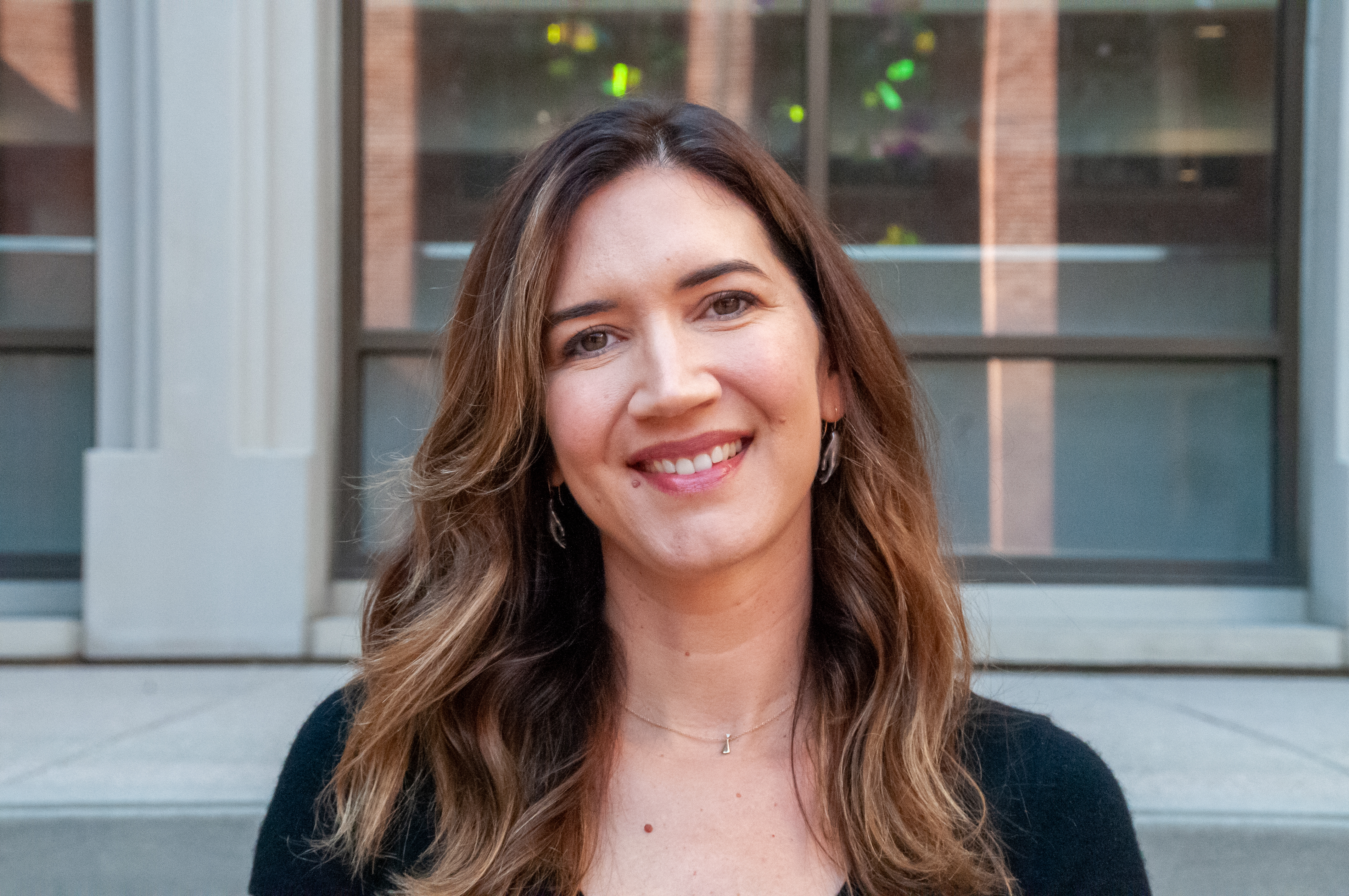 |
Simone Schaner, University of Southern California
Simone Schaner is an Associate Professor (Research) of Economics at the University of Southern California and the Scientific Director for Gender at Inclusion Economics. Her work explores economic mechanisms that contribute to inefficiency and misallocation in low-income settings, with a focus on labor, financial, and healthcare markets. She is also an affiliate of the Bureau for Research and Economic Analysis of Development, the Abdul Latif Jameel Poverty Action Lab, the Center for Effective Global Action, and a Faculty Research Fellow at the National Bureau of Economic Research. She has a Ph.D. in economics from the Massachusetts Institute of Technology and an A.B. in economics from Princeton University. |
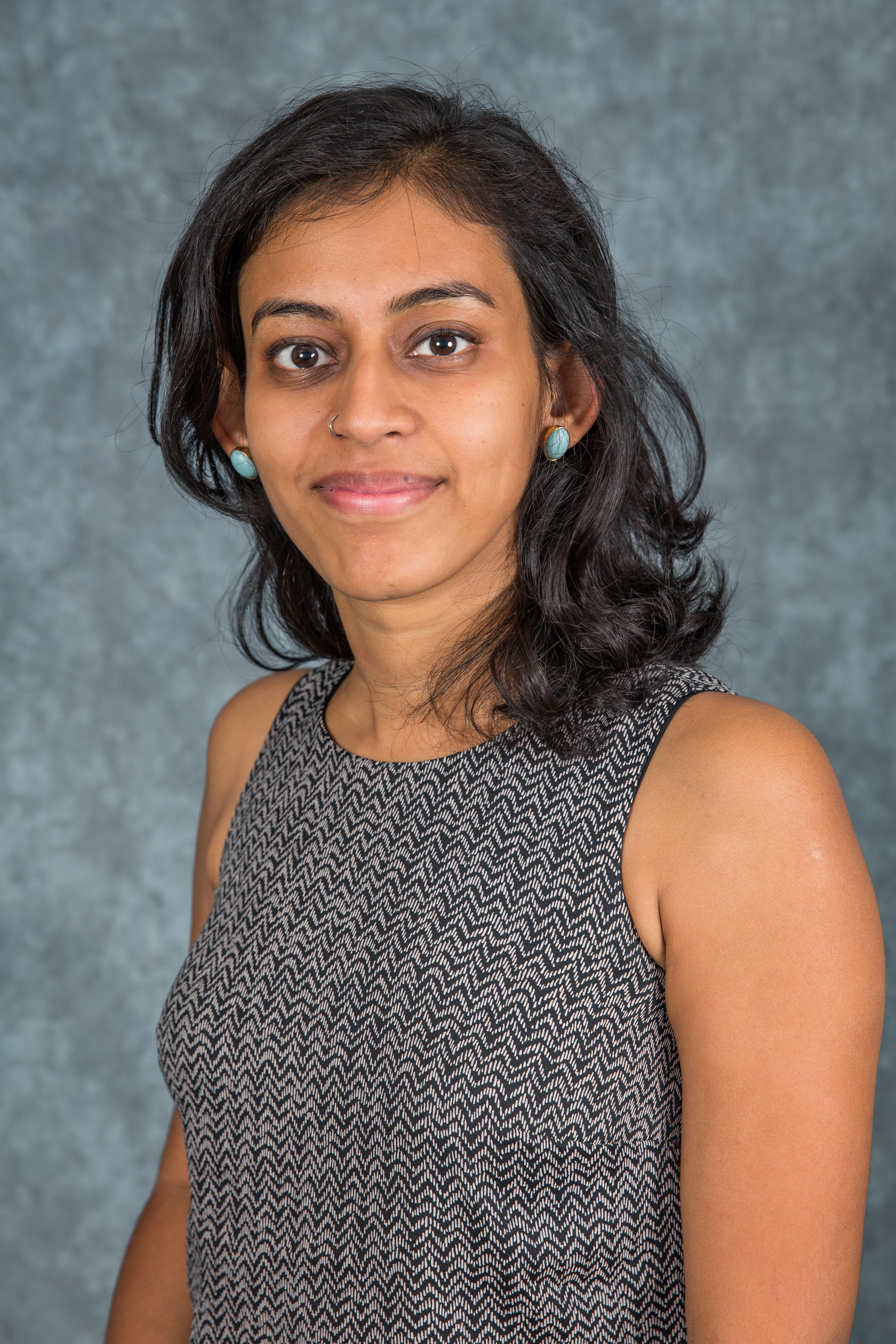 |
Niharika Singh, Columbia University
Niharika Singh is a Postdoctoral Research Scholar at Columbia University. She is a labor and development economist working in South Asia and the U.S. Her recent research includes randomized experiments to improve labor market matching on online job platforms and an evaluation of a reputation mechanism for labor market intermediaries in international migration. She received her PhD in Public Policy from Harvard University in 2020. |
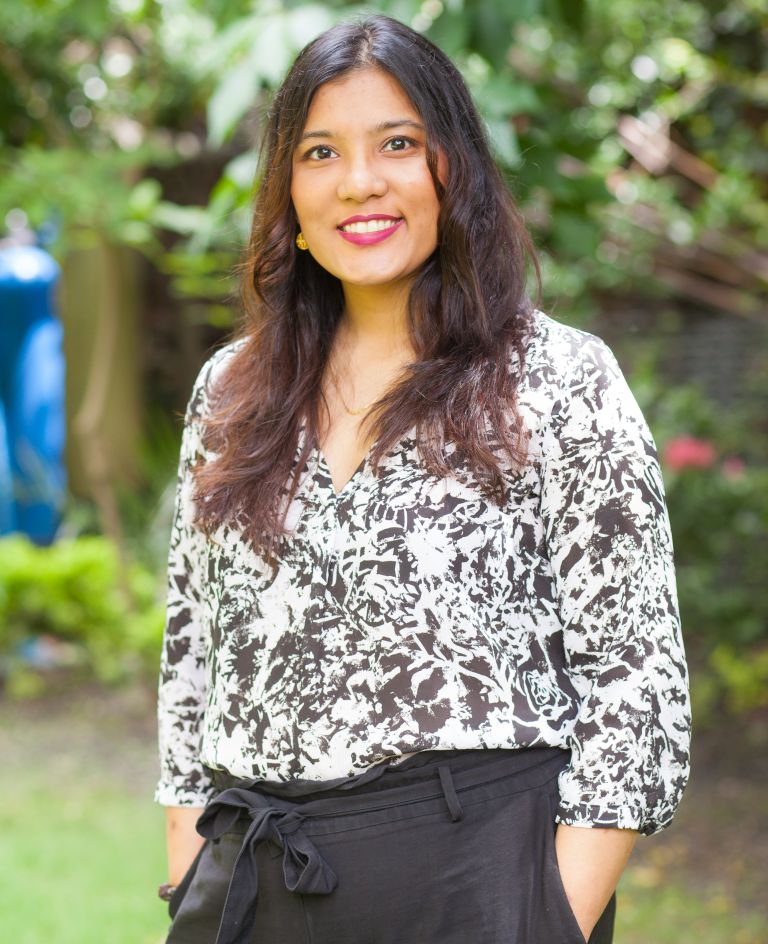 |
Juni Singh, California Institute of Technology
Juni Singh is a Postdoctoral Researcher at Caltech. Her current research focuses on social development and improving cooperation within communities. Her ongoing projects in Nepal include measuring climate beliefs and increasing aspirations of women through social networks. She completed her PhD. in Economics with a specialization in development and behavior from the Paris School of Economics. |
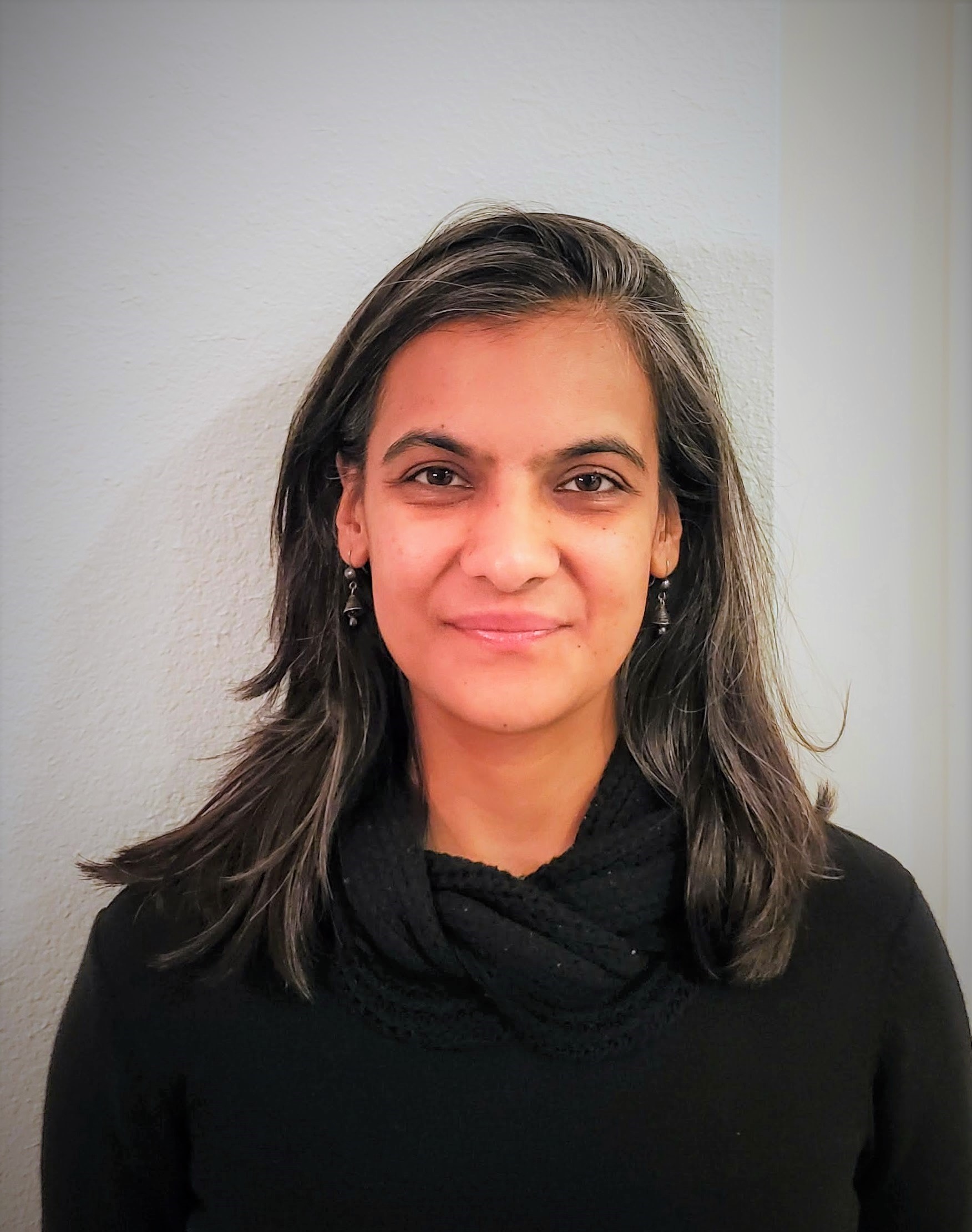 |
Garima Siwach, American Institutes for Research
Garima Siwach is a Senior Economist at the American Institutes for Research (AIR). She specializes in evaluation of policies and programs related to education, women’s economic empowerment, financial inclusion, gender and social norms, and livelihoods. Her current research focuses on community engagement for gender norms in the Democratic Republic of the Congo, and women’s self-help and savings groups in India, Uganda, and Nigeria. She holds a Ph.D. in Economics from the University at Albany, State University of New York. |
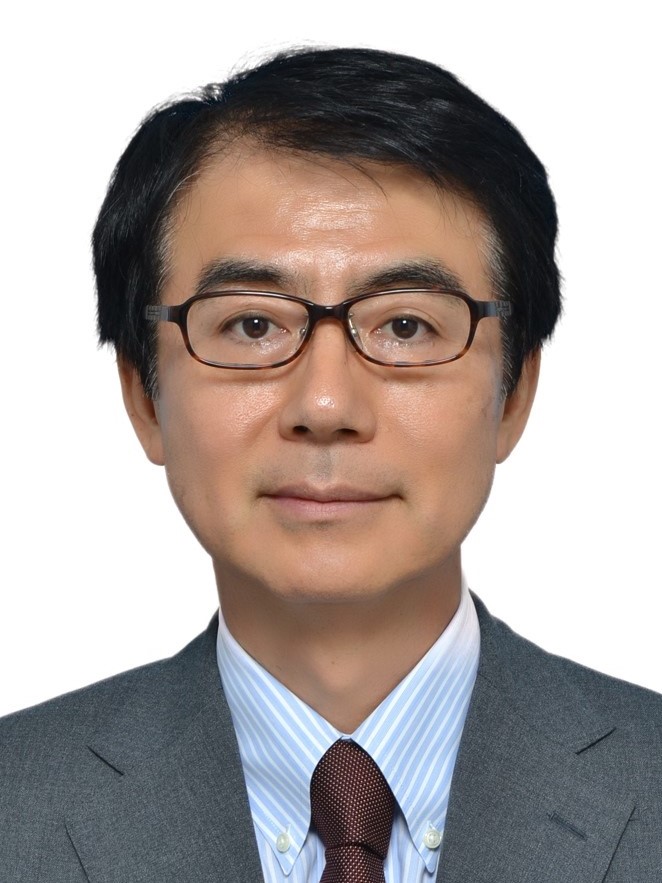 |
Tetsushi Sonobe, Asian Development Bank Institute
Tetsushi Sonobe is the Dean and CEO of the Asian Development Bank Institute (ADBI), the Tokyo-based think tank of the Asian Development Bank that promotes the realization of a prosperous, inclusive, resilient, and sustainable Asia and the Pacific through policy research and capacity building. His research interests are centered on the empirics of economic development, particularly the roles of industrial clusters, human capital, social capital, management practices, and market competition in industrial development in developing Asia and other regions. Before joining ADBI in April 2020, Tetsushi served for six years as a vice president of the National Graduate Institute for Policy Studies (GRIPS) in Tokyo and taught economics for thirty years at Tokyo Metropolitan University and GRIPS. Tetsushi obtained his PhD in economics from Yale University and BA in economics from the University of Tokyo. |
|
|
Nivedhitha Subramanian, Bates College
Nivedhitha Subramanian is a development economist at Bates College. Her research studies barriers to job search, and drivers of gender gaps in the labor force, primarily in South Asia. She holds a PhD in Public Policy (economics concentration) from Duke University. |
|
|
Hans Timmer, World Bank Hans Timmer is the Chief Economist for the South Asia region of the World Bank. Before that, he was the Chief Economist for the Europe and Central Asia region of the World Bank and the Director of the World Bank's Development Prospects Group. Before joining the World Bank, Hans was head of international economic analysis at the Central Planning Bureau in the Netherlands. In this role, he oversaw global scenario studies and supervised the development of two world models. He is a quantitative international macroeconomist and econometrician with 30 years of management experience in leading teams of modelers, forecasters, and policy analysts. He holds a Master’s degree in econometrics from Erasmus University in Rotterdam, and was a researcher at the University of Lodz in Poland and at the Netherlands Economic Institute. |
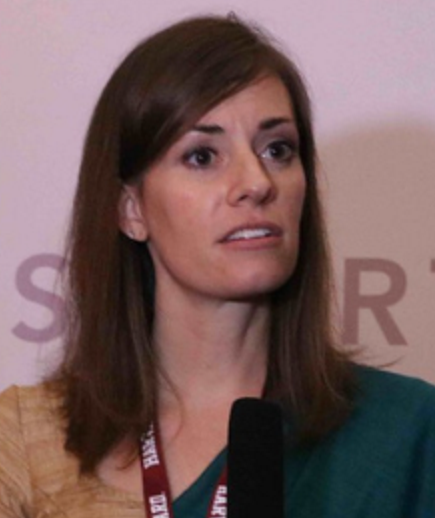 |
Charity Troyer Moore, Yale University
Charity Troyer Moore is the Scientific Director, Inclusion Economics at Yale University, a joint initiative of the MacMillan Center and Economic Growth Center. Charity’s research examines public service delivery and governance in the bureaucracy; the drivers and potential solutions to India’s low female labor force participation, with a focus on the ways in which current policy initiatives can put women on better footing as economic agents; land rights; and social protection programs, notably public works and cash transfer programs. Prior to her current position at Yale, she held multiple roles at Harvard Kennedy School’s Evidence for Policy Design, most recently as India Research Director, where she co-founded EPoD India at IFMR. Charity holds an M.A. in Economics and Ph.D. in Agricultural, Environmental, and Development Economics from The Ohio State University. |
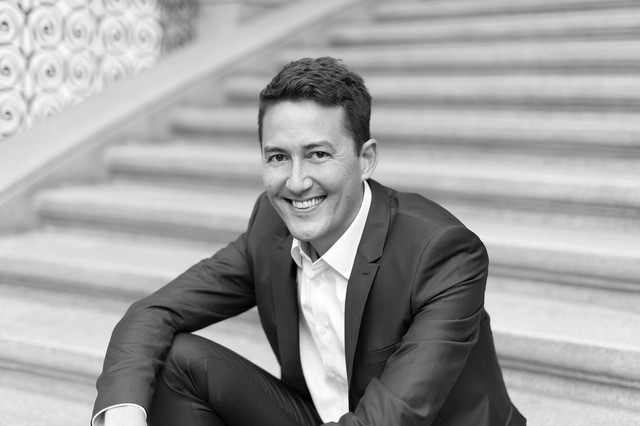 |
David Yanagizawa-Drott, University of Zurich
David Yanagizawa-Drott joined the Economics Department at University of Zurich in 2016, as Professor of Development and Emerging Markets. He is also an affiliated professor at the UBS Center for Economics in Society and the Director of the Larsson-Rosenquist Foundation Center for Economics of Breastfeeding. Before joining University of Zurich, he was an Associate Professor of Public Policy at Harvard University, John F. Kennedy School of Government. He did his PhD in Economics at IIES Stockholm University, acquired in 2010. His research interests include development economics and political economy, with a current focus on the drivers of culture and norms in shaping labor markets for men and women; the role of social media and artificial intelligence in society, and; health care in developing countries. Another priority is the development and testing of a new research and teaching concept that aims at searching for scalable solutions to pressing societal challenges, the Social Catalyst Lab. He is affiliated with the Jameel Poverty Action Lab (J-PAL), the Bureau for Research and Economic Analysis of Development (BREAD), European Development Research Network (EUDN), and the Center for Economic Policy Research (CEPR). He serves as Associate Editor on the editorial boards at the Quarterly Journal of Economics, the Journal of Political Economy, Econometrica, and the Review of Economic Studies. He previously served on the editorial boards of the American Economic Journal: Economic Policy, JEEA, and the Review of Economics and Statistics. |
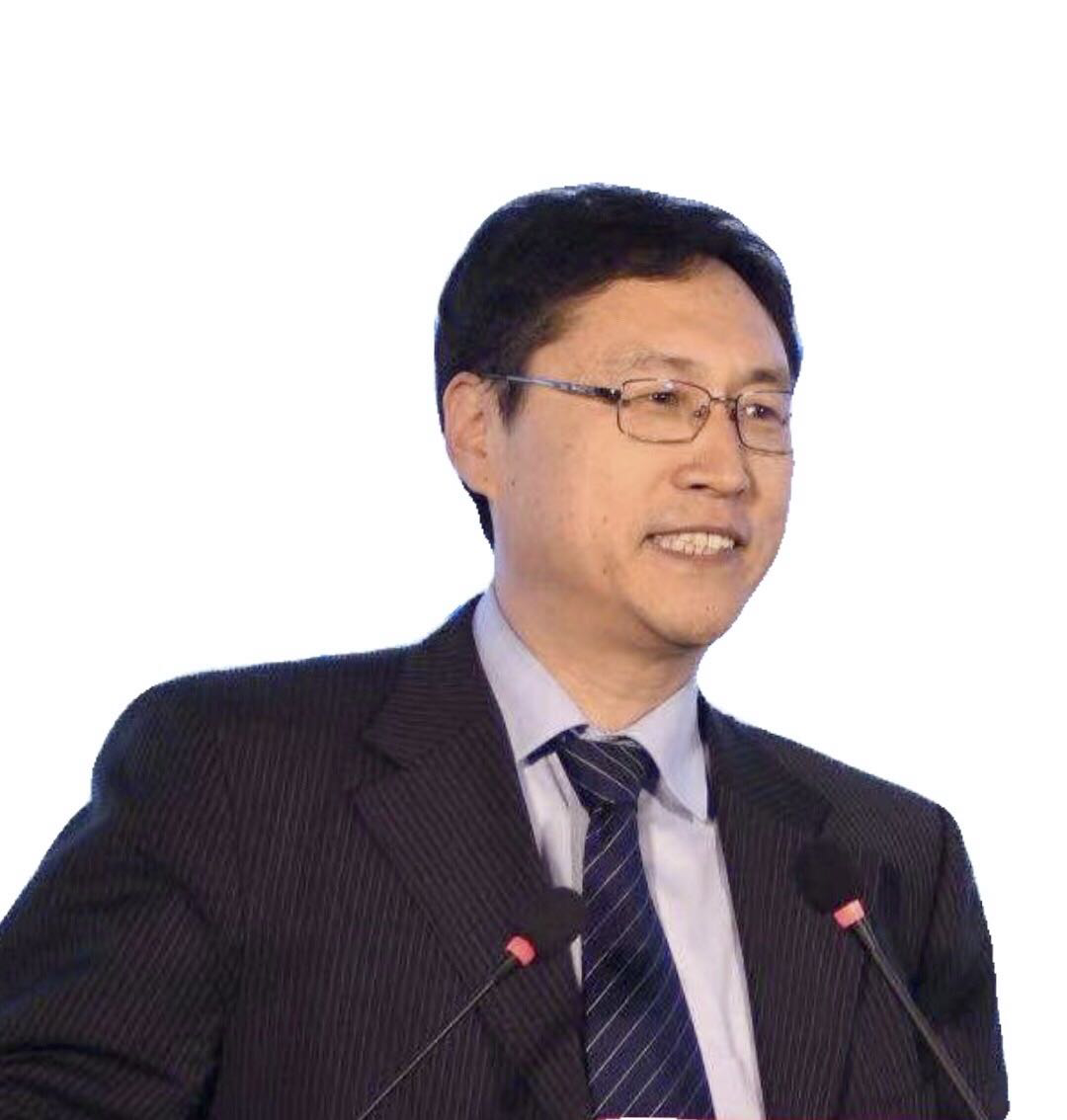 |
Xiaobo Zhang, Peking University and International Food Policy Research Institute
Xiaobo Zhang is a chair professor of economics at Guanghua School of Management at Peking University and senior fellow of IFPRI. His main interests are development economics and the Chinese economy. He is a co-PI of China Family Panel Studies (CFPS) survey, PI of Enterprise Survey for Innovation and Entrepreneurship in China (ESIEC) and Quarterly Online Survey on Micro-and-small Enterprises (OSOME) in China, and the Chief Editor of China Economic Review. He received his Ph.D. from Cornell University. |
Hosts:
- Inclusion Economics at Yale University
- Asian Development Bank Institute
- Economic Growth Center
Contact:
For questions, contact inclusion.economics@yale.edu
